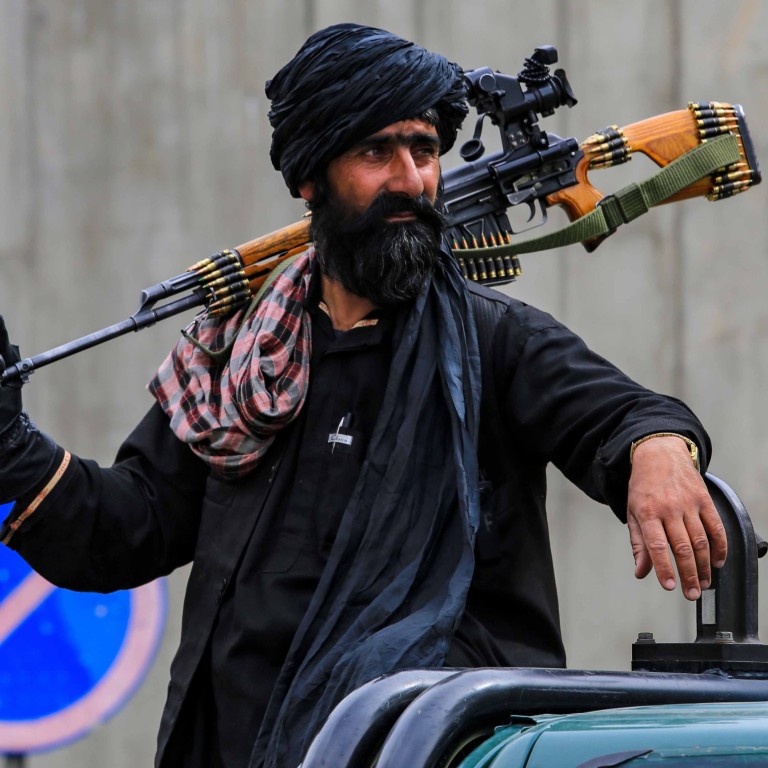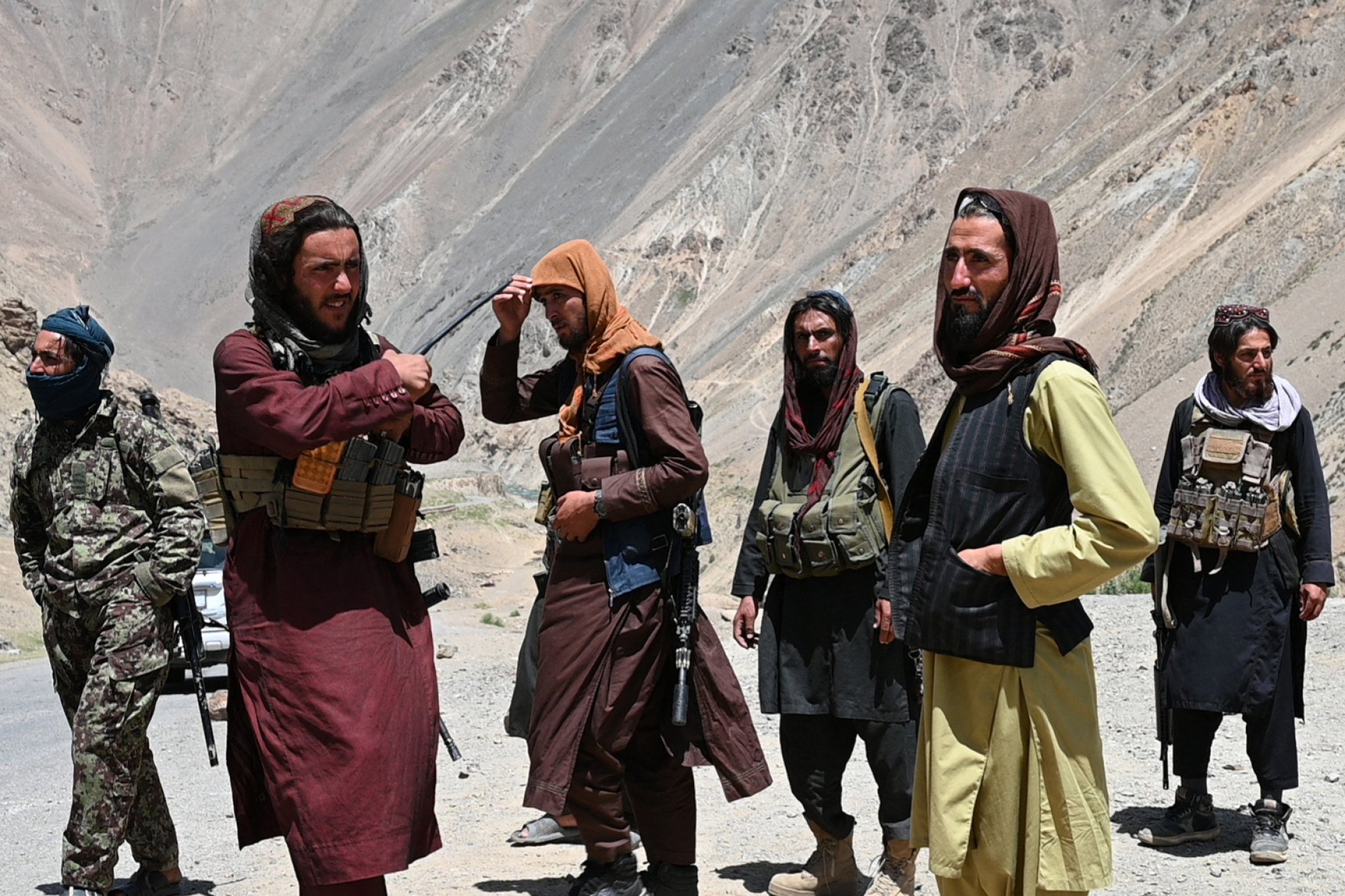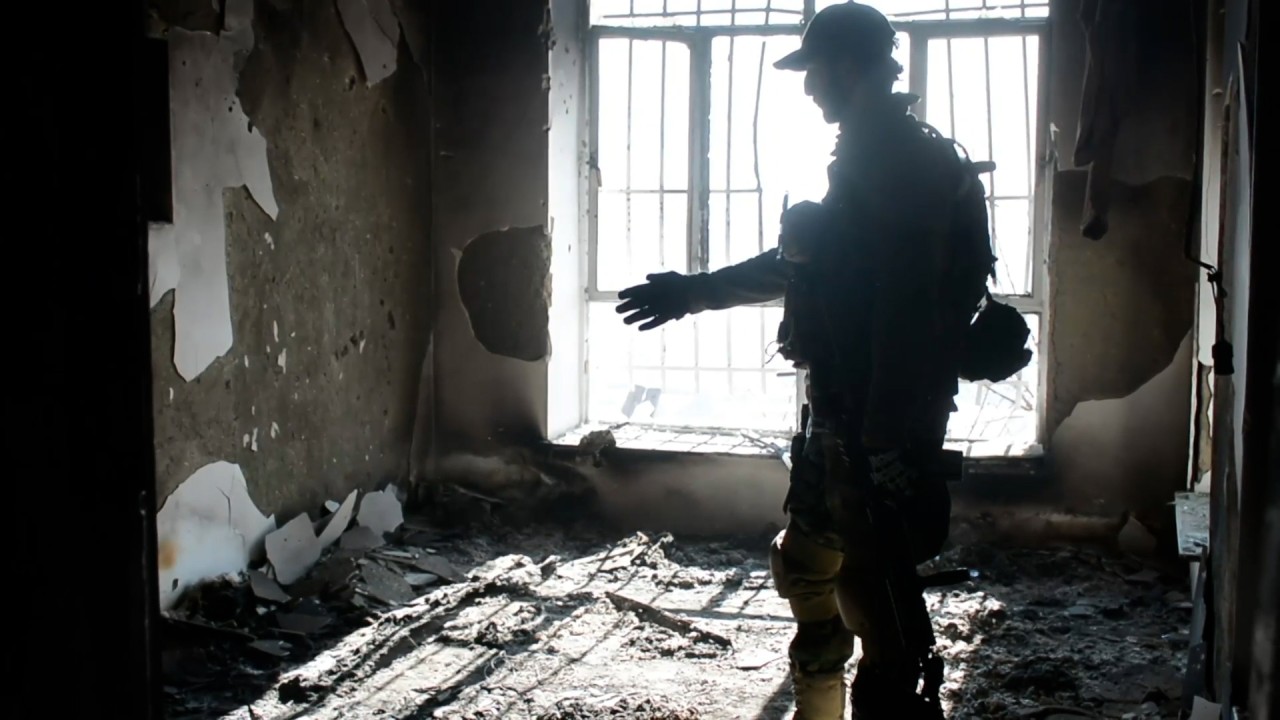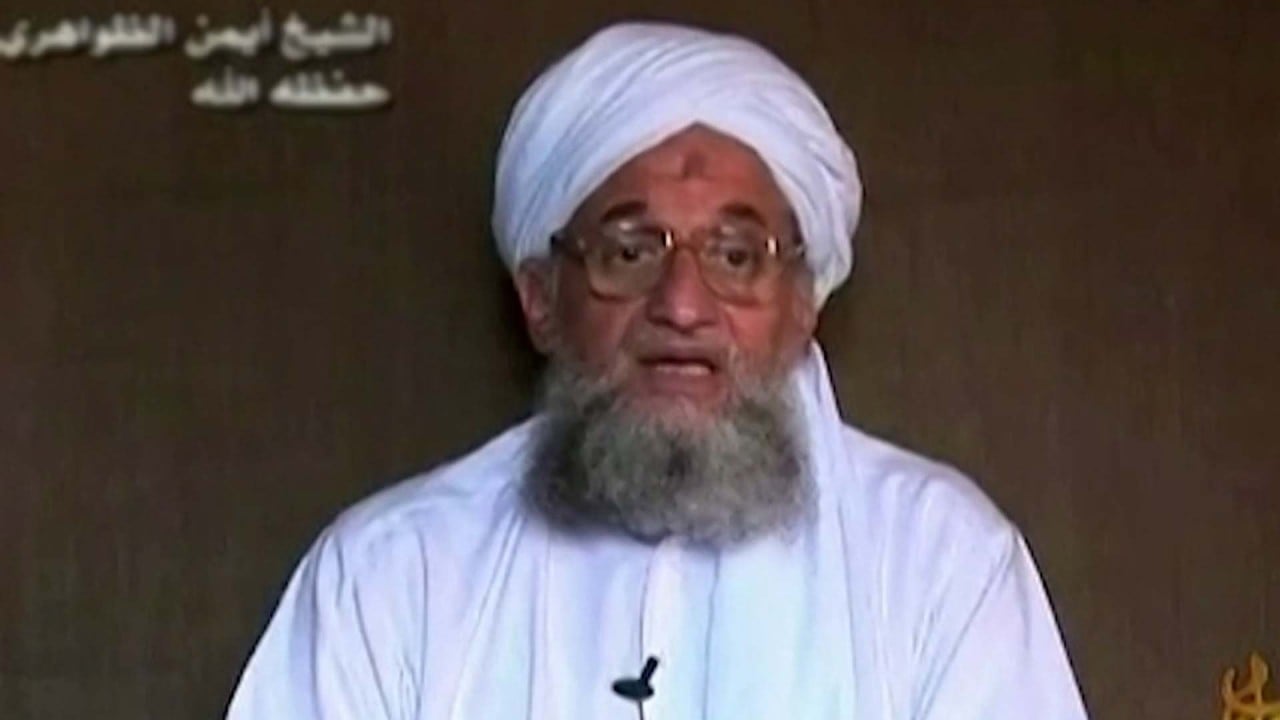
Why Afghanistan’s terrorism problem is bad for China – and Pakistan too
- After al-Qaeda chief Ayman al-Zawahri’s killing, analysts warn instability under the Taliban could again turn Afghanistan into a terrorists’ haven
- The group’s anti-Pakistan affiliate is also gathering in strength, threatening Chinese interests in a region filled with belt and road projects
A White House spokesman merely told reporters on August 2 that “there was no notification to anybody before … the strike”.
Claim of Chinese drones used in attacks on Gulf nations ‘surprising’
Some have speculated that the aircraft spotted hunting TTP and Isis-K militants inside Afghanistan recently were not in fact US drones, but Chinese-designed Wing Loong II ones operated by Pakistan’s military. Islamabad has dismissed such assertions, although it did use its Chinese drones to carry out cross-border attacks on TTP camps in April, apparently in retaliation for a surge of terror attacks within Pakistan.
‘The Afghan people will suffer most’
Husain Haqqani, director of South and Central Asian affairs at the Hudson Institute, a Washington think tank, said Zawahiri’s assassination had sent a message to both Afghanistan’s Taliban leadership and Pakistan “that the US has the technological capability to strike if and when it chooses to eliminate a terrorist leader, without the support or acquiescence” of either country.
“Taliban leaders … will be concerned of the possibility that it may be their turn soon, and that Pakistan may not be able to protect them,” said Haqqani, who served as Islamabad’s ambassador to Washington from 2008 to 2012
The Zawahiri strike certainly sparked a war of words within Afghanistan, with members of TTP and Isis-K alike accusing the Taliban of being complicit in the attack to persuade Washington it should release billions of dollars in frozen Afghan funds.
In the 12 months since foreign forces and funding departed Afghanistan, its economy has shrunk by 30 per cent and UN agencies have warned that more than half its 39 million people now face a food insecurity and malnutrition crisis.
The collapse of the country’s banking sector, meanwhile, has resulted in a massive liquidity crisis.
US used Pakistan airspace for drone that killed al-Qaeda chief: analysts
Afghanistan’s central bank had some US$7 billion in assets deposited with the US Federal Reserve at the time of the Taliban’s takeover. These were immediately frozen and Washington has since announced plans to retain half the assets to possibly satisfy terrorism-related lawsuits against the Taliban.
Talks between US and Taliban officials in Doha over the release of the other US$3.5 billion are now “poised to become downright toxic” in the wake of Zawahri’s killing, said Michael Kugelman, deputy director of the Asia centre at the Washington-based Wilson Centre think tank.
“Those negotiations will be harder to pull off now. Unfortunately, as has often been the case with decisions and actions taken in Afghanistan, the raid that killed Zawahri will have many consequences, but it’s the Afghan people that will suffer the most,” he said.
Militants’ resurgence threatens Chinese interests
Analysts said Afghanistan’s rising instability was bound to have dangerous ramifications for its neighbours, China included.
“China may not express it publicly, but it is likely alarmed at the revelation of Zawahri being in downtown Kabul,” said Asfandyar Mir, a senior researcher on South Asia’s international relations and security affairs at the US Institute of Peace in Washington.
“This will add to China’s concerns about the Taliban fostering some of its own terrorism problems, as well as the security situation in Pakistan.”
TTP, the Taliban affiliate that aims to overthrow Pakistan’s government, could use the killings of Zawahiri and its own senior commanders to agitate for “more space and cover … to escalate its violence in Pakistan,” Mir said, adding that putting stress on the Taliban’s cohesion could also boost Isis recruitment.
China may not express it publicly, but it is likely alarmed at the revelation of Zawahri being in downtown Kabul
More than 6,000 Pakistani insurgents associated with TTP and Isis-K are based in Afghanistan, according to a recent UN report.
A number of police and security personnel were taken hostage earlier this month when they went to investigate reports of TTP activity in the mountains overlooking Mingora, Swat’s administrative centre, only being released after local tribal leaders intervened.
In neighbouring Lower Dir district, an attack on August 7 that was claimed by the TTP killed four people including the brother of provincial lawmaker Malik Ali Khan – who was badly hurt himself – from former prime minister Imran Khan’s Pakistan Tehreek-e-Insaf party.
Can Imran Khan win over Pakistan’s military to become prime minister again?
Work is also under way on an upgraded route connecting the Karakoram Highway – the only road between China and Pakistan – to a special economic zone for Chinese companies at Rashakai via Dir and Swat.
Rashakai is only about 100km from the Afghanistan border, partly explaining why Beijing has voiced support for Pakistan’s calls to extend the CPEC into the neighbouring country since the US’ withdrawal.
US, China wary of getting ‘bogged down’
China announced at last month’s meeting of the Shanghai Cooperation Organisation that it was waiving tariffs on 98 per cent of goods being imported from Taliban-ruled Afghanistan.
But the Hudson Institute’s Haqqani said that “despite all the high rhetoric of trade and investment”, without stability and increased investment in manufacturing and agriculture in Afghanistan “most of the trade with China will be one-way and low end”.
He said “there is always the chance” that Beijing might pursue belt and road infrastructure projects, such as a possible extension of the CPEC, because Afghanistan has “valuable real estate”.
“However, the same was said of China’s offers of investment in Afghanistan’s mineral reserves but little has happened on that front.”
Afghanistan may once again become the home for the next generation of jihadi terrorists
Yun Sun, director of the China programme at the Stimson Centre in Washington, said China had “limited goals in Afghanistan”.
“It does not even try to dominate the process. If you look at the Chinese approach – such as the meetings of Afghanistan’s neighbours – Beijing prioritises a collective approach that has the participation and support of countries in the region,” she said.
Sun said she did not foresee the country becoming a focal point of great power competition between China and the US, as “other than counterterrorism, I don’t see the US playing a major role in Afghanistan”.
“Neither the US nor China wishes to be bogged down in Afghanistan,” she said, noting the latter’s reputation as “the graveyard of empires”. “So their approach is extremely cautious.”

“Regional players won’t want to deepen their footprint until they have more assurances on terrorism threats, and the Zawahiri raid will only deepen their concerns,” he said, adding: “It’s no longer the 1990s, or October 2001 for that matter.”
Kugelman said that although Afghanistan’s fundamentalist rulers lacked international recognition, most countries – including the US – are “comfortable engaging with and, ultimately, accepting the Taliban”.
Yet international aid is unlikely to make a full-scale return so long as the Taliban keeps up its crackdown on women, analysts said, which will inevitably worsen the country’s growing humanitarian crisis and in turn increase the flow of refugees to neighbouring countries, like Pakistan and Iran, and to the West.
Uygur separatist group rebuilds Afghan bases even as China-Taliban ties grow
The resultant “instability and chaos”, said analyst and former envoy Haqqani, could again turn Afghanistan into a safe haven for terrorist groups such as Isis-K, al-Qaeda and others, like it was during the 1980s and 1990s.
“While the United States has the capability to track terrorists, it cannot track each and every individual and group,” he said. “Afghanistan may once again become the home for the next generation of jihadi terrorists.”



